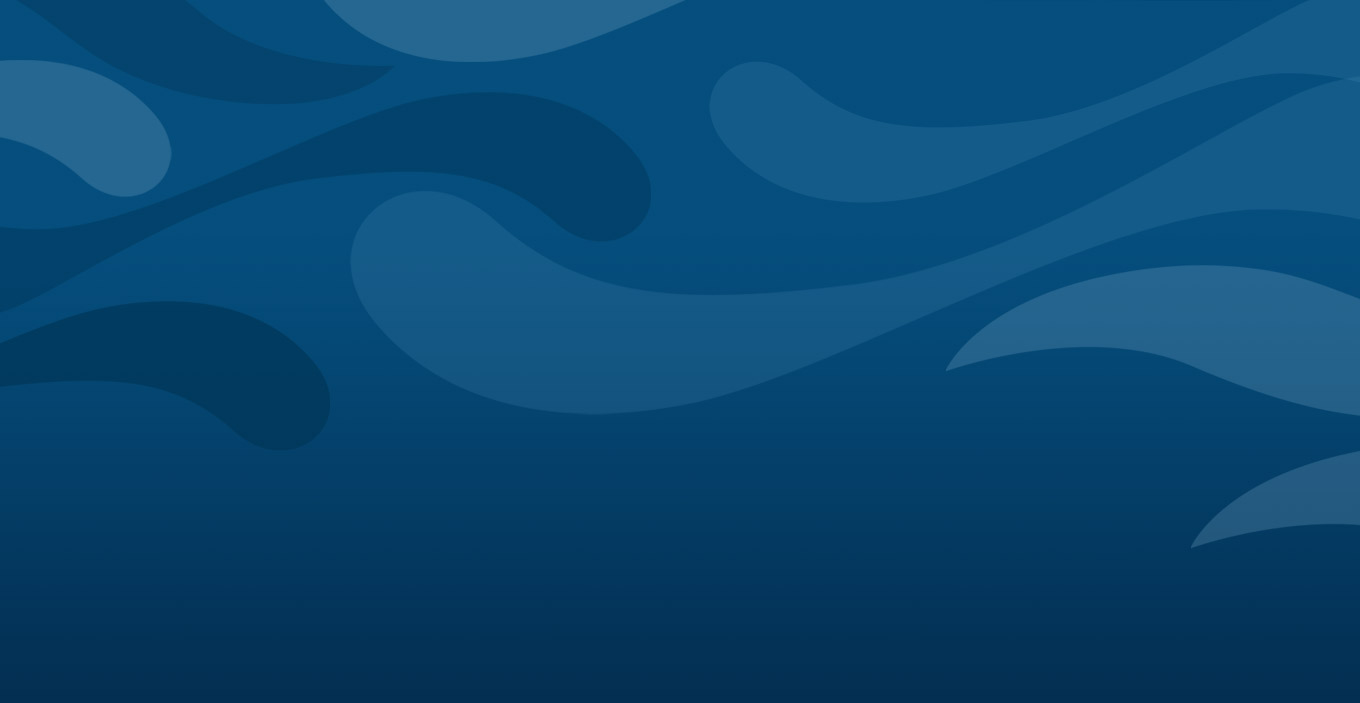The objectives of this study fall into the overall IDRC purpose of exploring the impact of green marketing, fair trade and indigenous branding of good produced by poor people in disadvantaged regions. Overall the aim is to assess the current impacts of a newly-introduced green and ethical marketing label 'fair-fish', and potential future impacts of other eco-labels (such as MSC, Naturland) on poor groups within the fisheries sector of Senegal. As well as identifying the impacts, the work will seek to identify critical points that can enhance the benefits and mitigate against negative effects, and determine how such type of schemes could effectively take social issues and impacts into account in the future. The work will draw on the fisheries management and post-harvest support given to the Senegalese fisheries by the SFLP project over the past four years, and the in-depth analysis of eco-labelling for Senegal undertaken recently by ENDA/REPAO. The specific objectives can be summarised as:
1. Review of the impacts (and limiting factors) of the newly-introduced green and ethical marketing label 'fair-fish' on small fishery producers in Senegal and other actors in the fisheries chain until the point of export;
2. Determine actions (at the micro, meso and macro level; and both at the governmental and private sector level) to mitigate negative impacts on marginalised groups (such as small fishery producers, women in fishing communities, poorer households) and to maximise opportunities or positive impacts for the poor;
3. Identify the best approach for addressing social issues when introducing a marketing label within developing country fisheries, whether this may be a change in the label criteria, supporting government policies or statutory social impact assessments.

